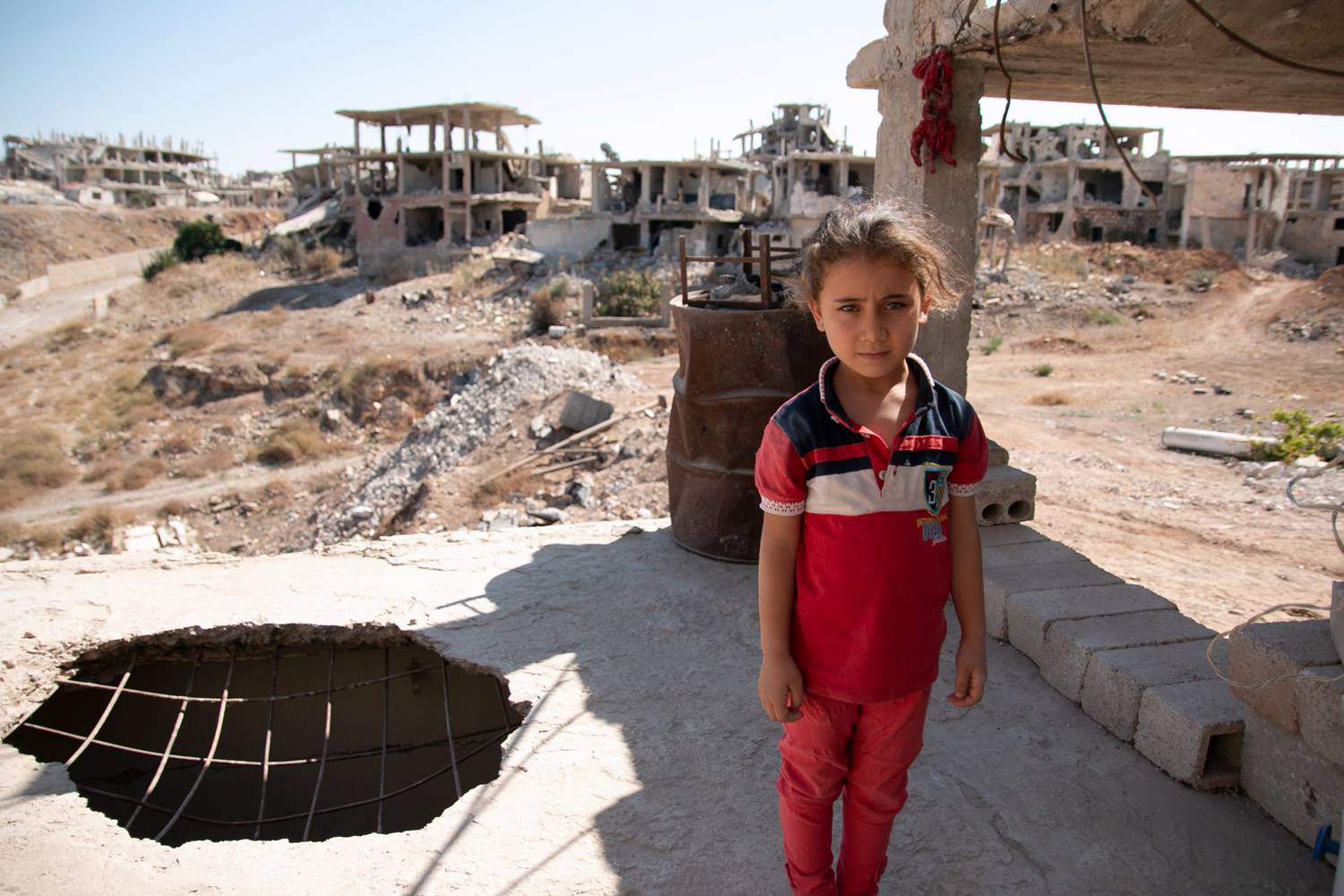
This event is co-hosted by the Norwegian Red Cross and the NCHS.
How can future humanitarian action in Syria respond to, and ensure that people’s needs, interests and rights are met?
15 March 2019 marked eight years since the start of the Syrian conflict. Hundreds of thousands of people have been killed, and millions have been displaced, whole cities have been reduced to ruins, and the infrastructure has been devastated. The humanitarian consequences of the war are felt throughout the region. The unprecedented humanitarian needs will require long term investments and effort.
In this seminar, we raise questions such as: What role should Norway and Norwegian humanitarian actors take in the future? How can principled humanitarian action be maintained in a rapidly changing political context? How can we ensure access and efficient assistance to the most vulnerable?
The seminar is convened by the Norwegian Red Cross in collaboration with the Peace Research Institute Oslo (PRIO) and the Norwegian Centre for Humanitarian Studies (NCHS).
Register for the event by 30 September by following this link.
Tentative Programme
12:00 – 12:30 Lunch
12:30 – 12:35 Welcome: Anette Bringedal Houge, Head of Humanitarian needs and analysis (Norwegian Red Cross)
12:35 – 12:50 An overview of the situation in Syria: Ida Haugen-Poljac, Senior Adviser for Middle East region (Norwegian Red Cross)
12:50 – 13:00 The regional context: Kjetil Selvik, Senior Research Fellow (Norwegian Institute of International Affairs)
13:00 – 13:10 Norway in Syria: Aid, human rights and humanitarian principles: Zeina Bali, Director (SPACE – Syrian Peace Action Centre)
13:10 – 13:20 Humanitarian actors: Carl Morten Ødegaard, Country Manager in Syria 2018-2019 (Norwegian Red Cross)
13:20 – 13:30 Humanitarian assistance in long term crisis: Anette Wilhelmsen, Senior Adviser Evaluations unit (Norad)
13:30 – 14:30 Norway’s role and humanitarian engagement in Syria: Yngvild Berggrav, Policy Director Section for Humanitarian Affairs (Norwegian MFA)
13:40 – 14:30 Q & A
Moderated by Kristian Berg Harpviken, Research Professor (PRIO)





